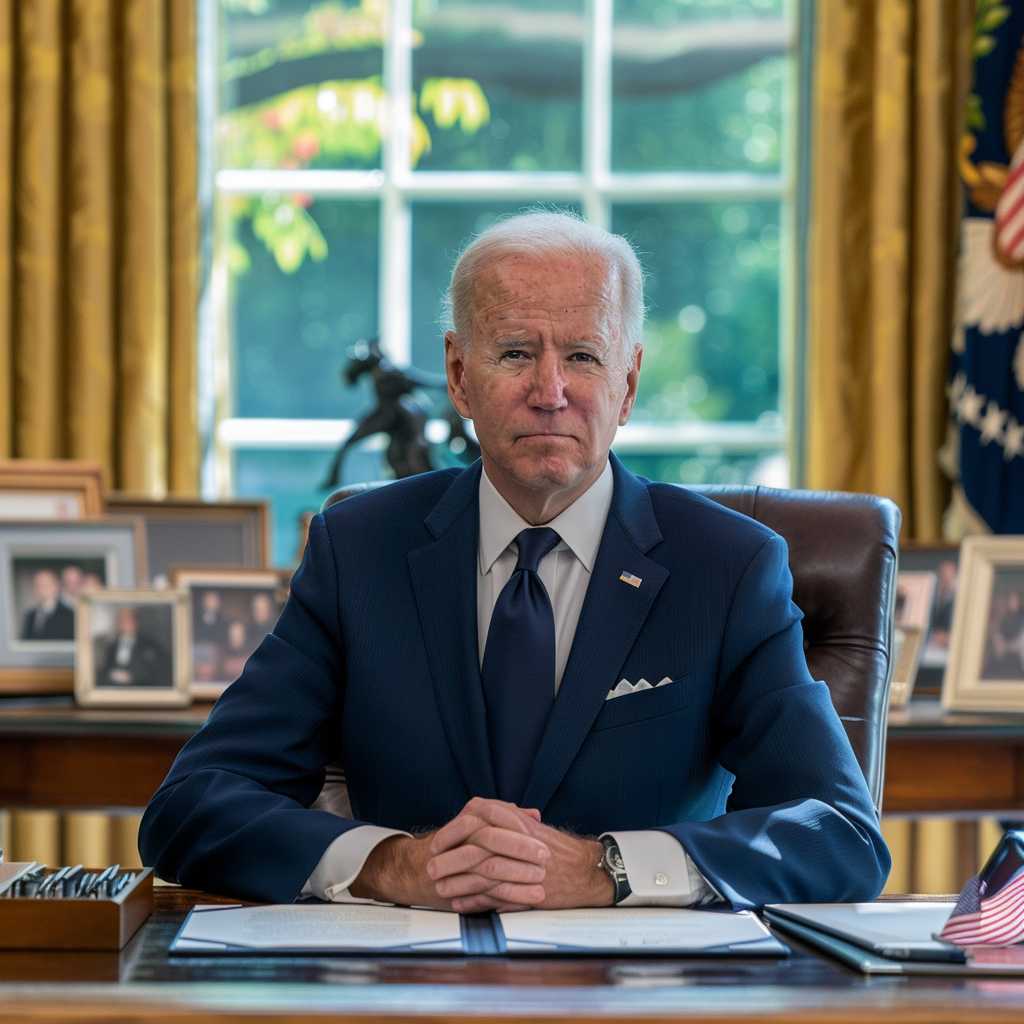Understanding the Narrative Around President Joe Biden’s Age
The conversation about the age of a political leader is as old as politics itself. It encompasses not just a number but a constellation of concerns about experience, wisdom, vitality, and capacity to govern. In the case of U.S. President Joe Biden, these discussions are perennially significant given his record-breaking status as the oldest person ever inaugurated as President of the United States.
Public Perception and Historical Context
Navigating the Landscape of Age and Leadership
Presidential age has long been a topic of interest and contention, with voters and analysts weighing the merits of youth against the perceived stability of experience. In recent memory, this debate was prominent during Ronald Reagan’s presidency — he was 69 at his first inauguration and 77 by its end, sparking discussions similar to those for President Biden. With Biden taking office at age 78 and now serving past his 80th birthday, these discussions have been revived and intensified within both the media and public fora.
The Stigma and Advantage of Age
Throughout his presidential campaign and into his presidency, Joe Biden’s age has been both a target for criticism and a point of praise. Detractors argue that his advanced years could have implications for his mental acuity and physical stamina. His supporters counter by highlighting his extensive experience in governance, which includes over three decades in the Senate and eight years as Vice President under Barack Obama.
Age vs. Ability: A Complex Assessment
Biological Considerations
The biological aspects of aging—such as cognitive decline, reduced physical energy, or health risks—cannot be dismissed when discussing presidential capability. However, individual variation exists widely, and many people in their late seventies and eighties maintain high cognitive function and vitality. In President Biden’s case, public assessments often infer from his public appearances and communicated policies.
Experience: A Useful Asset
From a positive standpoint, proponents emphasize that with age comes seasoned judgment, long-term relationships, and historical perspective—all highly valuable traits for national leadership. The rich tapestry of experience that elder politicians like Biden bring to office can arguably inform more nuanced policymaking.
Impact on Governance and Policy Making
The Interplay Between Leadership Age and Governance Strategies
A leader’s age has indirect implications on governance style. As in any endeavor where strategic vision is crucial, older leaders might be particularly adept at navigating complex international terrains or negotiating with opposing political factions due to accumulated ‘political capital.’ Critics worry that an older president may not fully engage with rapidly evolving issues or be less inclined towards transformative change.
Policy Prioritization Through the Lens of Legacy
As one inches closer toward the later chapters of their career, legacy becomes a more pronounced concern. There is an argument to be made that President Biden’s policies are shaped by his awareness of the lasting imprint he wishes to leave upon the American society. This could steer him toward focusing on large-scale, legacy-defining initiatives such as infrastructure investment or health care expansion.
Challenges and Opportunities
Age-Related Critiques in Political Rhetoric
Opponents often weaponize the topic of age, suggesting increased risks of failing health or inability to complete the full term in office. Despite no substantial proof that age has adversely affected Biden’s job performance, these claims persist in some circles.
Future-focused Agenda Amidst Questions Over Age
President Biden’s administration has repeatedly assured Americans that his focus remains firmly on managing current challenges — such as economic recuperation post-COVID-19 pandemic and addressing climate change — rather than on speculative conversations about his vitality or longevity in politics.
Notes
*Description for Image: Image description: A composed portrait of U.S. President Joe Biden sitting at the Resolute desk in the Oval Office appears in mind. He has grey hair and is wearing a dark blue suit with an American flag pin on his lapel. On the desk there are several papers likely pertaining to current national affairs — exemplifying the connection between presidential responsibilities and considerations around leadership age.*

